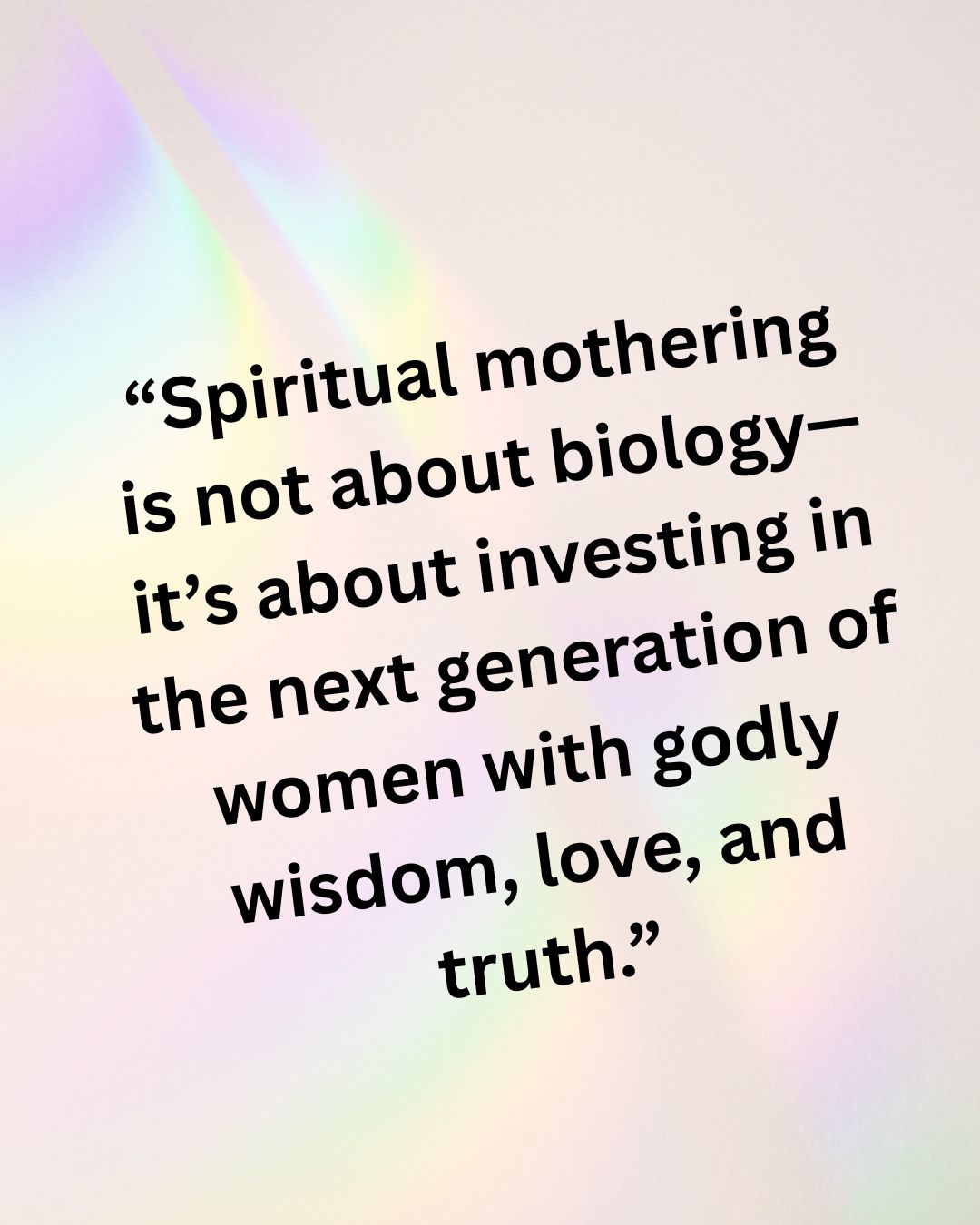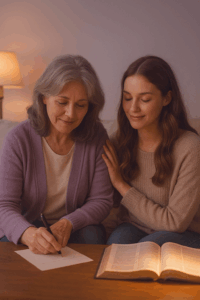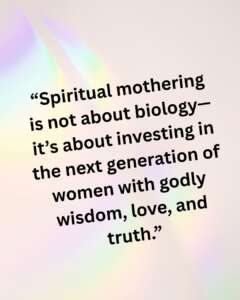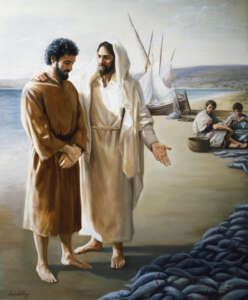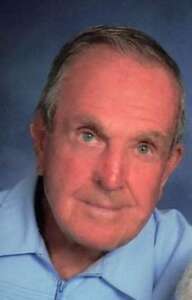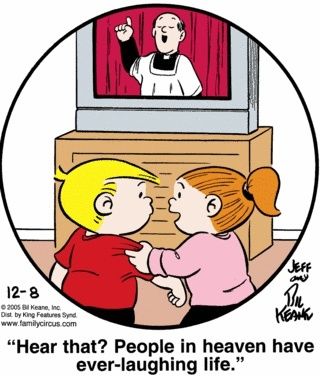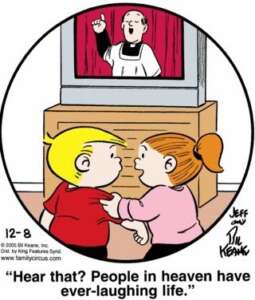REFLECTIONS ON THE SUNDAY SERMON
Pastor Nana Poku
In Due Time
By Linda Waltersdorf Cobourn, EdD
June 29, 2025
Let us not become weary in doing good, for at the proper time we will reap a harvest if we do not give up.
Galatians 2:9
It was over.
The older kids had gone home, back to their own lives. Allen had dashed upstairs, leaving his suit jacket and tie in a trail behind him. And now it was just me—alone.
I wandered into the kitchen and put on the kettle. It was really too hot for tea. The July heat pressed around me. But I needed something to do. After nineteen years of caregiving, of juggling jobs and navigating one medical crisis after another, it was over.
Ron’s body now rested at Lawncroft Cemetery. But his spirit had returned home—to heaven.
I fixed my tea in my favorite beach gift shop mug and returned to the living room. Placing the mug on the end table, I dropped to my knees.
“Thank God,” I breathed. “It is finished.”
As long as the earth endures,
seedtime and harvest,
cold and heat,
summer and winter,
day and night
will never cease.
—Genesis 8:22
God has a timetable. There is seedtime and harvest, reaping and sowing, grieving and rejoicing, each appointed by Him.
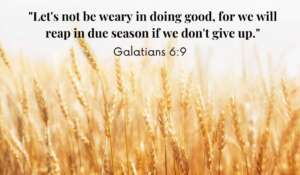
My season of caregiving had come to a sudden halt, but other seasons were just beginning. I never imagined I’d be standing at the front of a church sharing God’s Word, writing blog posts to encourage others, or finishing a book to support fellow caregivers. And yet, here I am.
God still had fruit for me to bear. And I believe He has fruit in store for Atonement Methodist Church, too.
With Pastor Amy’s retirement, a new season begins. But as Pastor Nana reminded us last Sunday, growth doesn’t always look clean or hopeful. Most of it happens underground.
Growth is messy.
A seed is buried in dirt—hidden, forgotten, pressed down by darkness. It decays before it grows. But God is at work even there. Slowly, imperceptibly, the seed begins to stir. A green shoot breaks through, and life begins again.
From death, God brings life. From loss, He brings purpose. From a buried seed, He brings fruit.
Growth can be stinky, disorienting, and painful. But in due time, it brings a harvest that nourishes many.
As we walk through this season of transition at Atonement, let’s remember that God is not finished with us yet. If the seed has been planted in good ground (Matthew 13:3), it will grow.
Atonement is good ground. We will grow.
What fruit are you ready to bear?
How might God use you in His vineyard?
Closing Prayer
Lord of the Harvest,
Thank You for the reminder that every season has its purpose. Even when we feel buried by sorrow, change, or uncertainty, You are still at work beneath the surface. Help us trust the process of growth—messy as it may be. May we not grow weary in doing good. Let us be open to the new fruit You are growing in our lives, our church, and our community. We trust that, in due time, the harvest will come.
In Jesus’ name,
Amen.

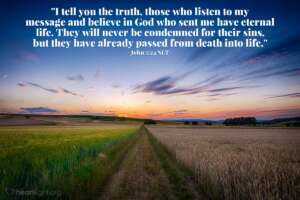
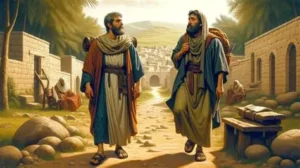
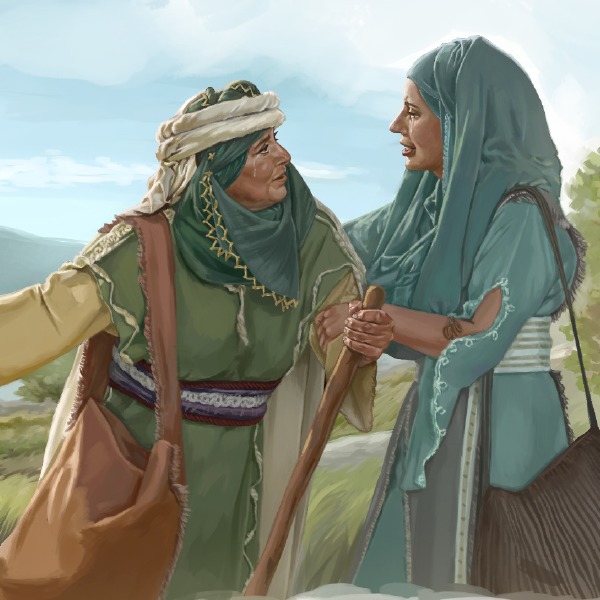


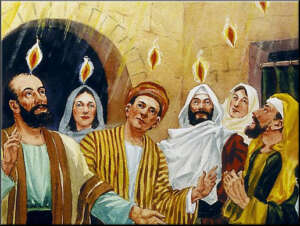

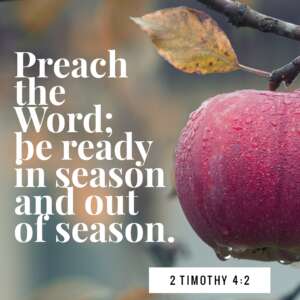

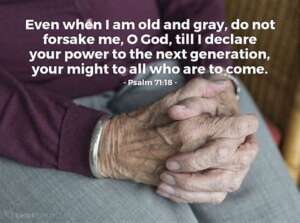 o.
o.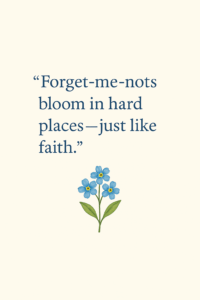
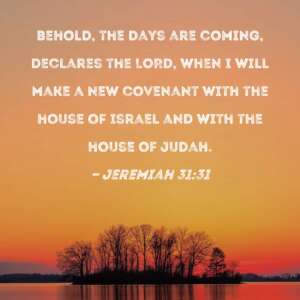
 But every time I reached that point, God met me. On the way to hospital rooms—so many rooms, in so many hospitals—I would pray. And each time, He gave me just enough strength to make it one more day. Through nineteen years of caregiving, I kept my covenant with Ron the same way we keep our covenant with God: one faithful step at a time.
But every time I reached that point, God met me. On the way to hospital rooms—so many rooms, in so many hospitals—I would pray. And each time, He gave me just enough strength to make it one more day. Through nineteen years of caregiving, I kept my covenant with Ron the same way we keep our covenant with God: one faithful step at a time.
